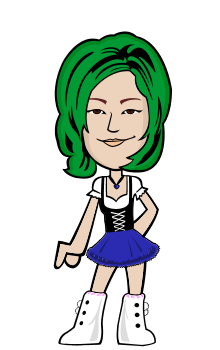Video Credit: Glamrs via Youtube
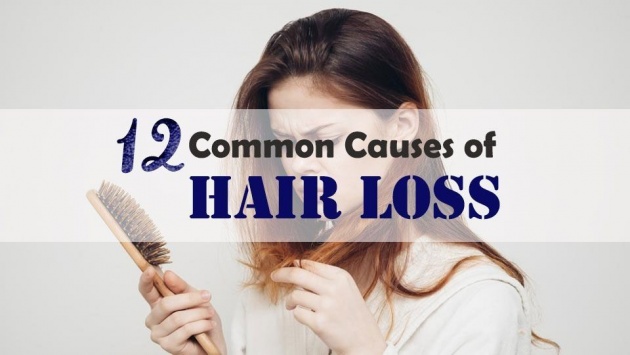
Image Credit: https://www.hindustantimes.com/ / Edited with Photoshop
Back in college, one professor told us to imagine the face of our crush--and so we did. Next, he asked us to imagine them without hair. Ayayayay! Que horror! It's amazing how one's looks and appeal changes when you remove their hair from the equation. Well, no wonder it is dubbed as the 'crowning glory' because it is an extension of our personality and style. This is why excessive hair loss is a big problem. Let's explore the different causes of hair loss to understand this condition more.
1. Genetics
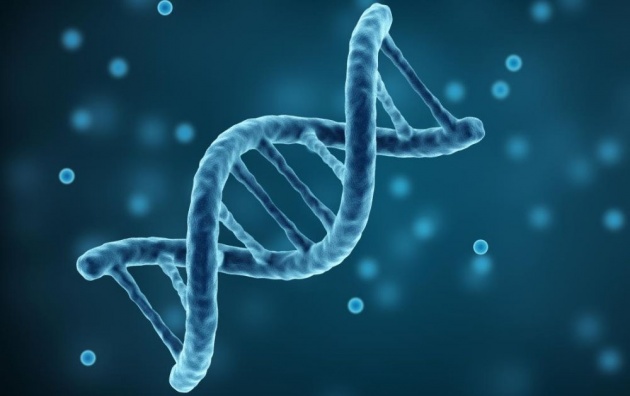
Image Credit: https://www.medicalnewstoday.com/
Hair loss caused by genetics is called androgenetic alopecia and is the leading cause of hair loss in both men and women according to the American Academy of Dermatology. It's possible to inherit the gene from either your paternal or maternal side of the family. You have a higher chance of developing this condition if both of your parents had hair loss.
Once your dermatologist determines that the cause of your hair loss is indeed hereditary, he or she may prescribe you with some topical medications like minoxidil (Rogaine). Minoxidil works for both men and women and can be applied on the scalp twice a day. However, women are advised to use a lower-strength formula to avoid side effects. Additionally, pregnant or nursing women should not use minoxidil as it could adversely affect the fetus inside the womb or the nursing baby. Men can be treated with an oral medication called finasteride (Propecia).
2. Stress
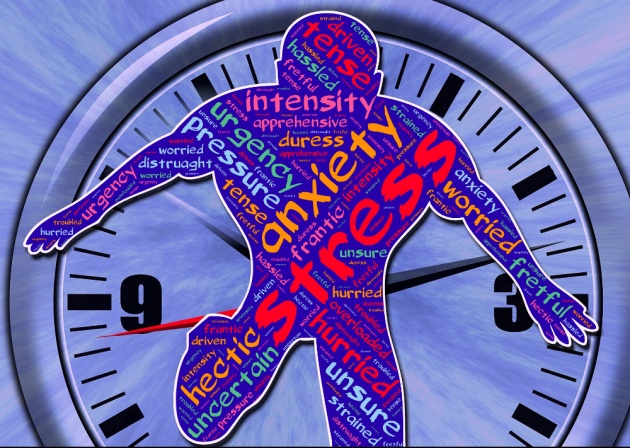
Image Credit: Johnhain via Pixabay
It's no secret that chronic stress adversely affects our health and causes various medical conditions. But, did you know that it can also cause sudden hair loss that can last for several months? This is because it can raise male hormone (androgen) levels which causes hair fall. Stress can also mess with your digestive system which disrupts your eating habits and trigger scalp problems like dandruff--both of which can negatively affect the health of your hair.
3. Nutritional Deficiency

Image Credit: https://www.hrt.org/
Nutritional deficiency is another factor for hair loss. When your body is missing some essential nutrients such as iron, zinc, copper, protein, and vitamin B12, it could negatively affect your body as a whole, including your hair. For healthier and more luxurious tresses, you also need a good amount of vitamin D. So, go ahead and soak up some sun.
4. Traction Alopecia
Traction alopecia is another common cause of hair loss that we all take for granted. Here's a quick excerpt from my previous blog about traction alopecia.
Alopecia is a term used to describe hair loss. When you say traction alopecia, this means the hair loss is caused by wearing tightly pulled hairstyles such as buns, braids, or tight ponytails. The hair shaft is loosened from its follicle when you repeatedly pull your hair. This is especially true if you apply chemicals or heat on your hair.
- Source: Chineyes
5. Aging
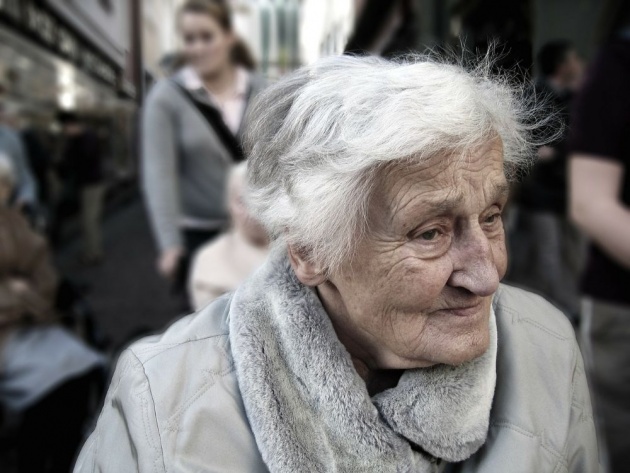
Image Credit: geralt via Pixabay
Another common factor to consider is age. As we age, hair strands have less pigment and get smaller, as well as become finer, thinner, and gray. And as part of the natural aging process, the rate at which it grows also slows down. To help keep your hair healthy, you should keep a healthy lifestyle and eat as many whole foods as you can.
6. Iron Deficiency Anemia
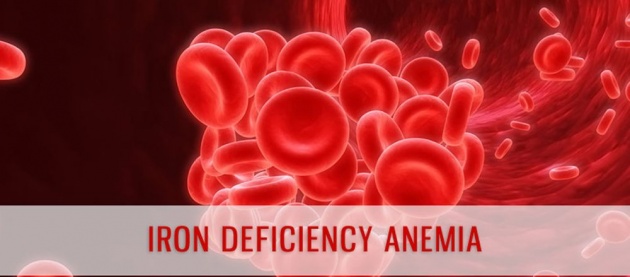
Image Credit: https://healthjade.com/
Iron deficiency anemia is another leading cause of hair loss as iron is very important when it comes to producing hair cell protein. Women are more prone to this condition, especially those who have heavy periods. Most vegetarians also have a problem with this because iron is mostly found in fish and meats. If you're on a vegetarian diet, you can eat more leafy greens, beans, and fortified cereals and milk.
7. Polycystic Ovarian Syndrome (PCOS)
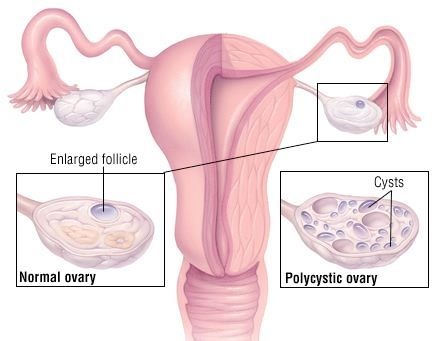
Image Credit: http://mmgyn.com/
Polycystic ovarian syndrome (PCOS) is a condition where the female body undergoes a hormonal imbalance where it produces high levels of male hormones (androgen). It causes unwanted facial hair growth, acne, cysts on the ovaries, irregular periods, and even infertility. Although these male hormones make women grow extra hair in other parts of their bodies, it causes them to lose hair on their scalp. This is a serious condition that should immediately be checked by a qualified gynecologist.
8. Thyroid Problems
The thyroid hormone is the one responsible for metabolism. If the body produces too much or too little of this hormone, the cycle of the hair growth may change. Hair loss is not an uncommon side effect as the metabolism speeds up. Along with hair loss, hyperthyroidism comes with other more obvious symptoms such as heart palpitations, weight loss/gain, diarrhea, irritability, muscle weakness, and sensitivity to heat or cold.
9. Alopecia Areata
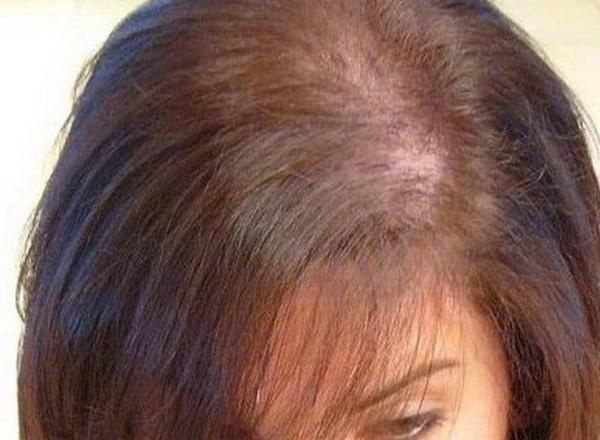
Image Credit: https://naturecrazy.com/
Alopecia areata is an autoimmune disease that affects roughly 2% of the population. It causes round, smooth patches of hair loss on the legs, eyebrows, or scalp. This condition does not discriminate between men and women. In some cases, it may even lead to total baldness. But, don't worry--the usually grows back.
10. Scalp Conditions
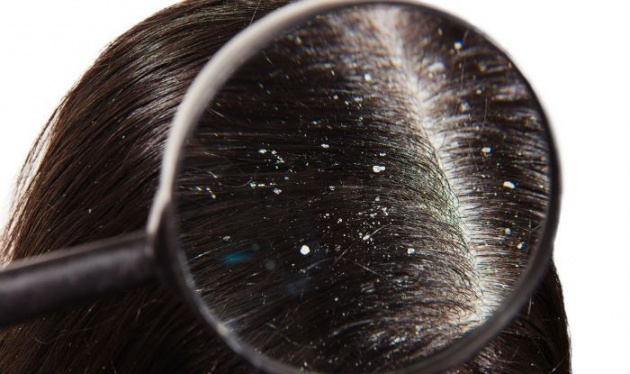
Image Credit: http://www.india.com/
Skin conditions such as seborrheic dermatitis (dandruff), psoriasis, and fungal infections such as ringworm can affect the health of your hair as these conditions cause inflammation on the scalp which disrupts normal hair growth.
11. Hormonal Imbalance
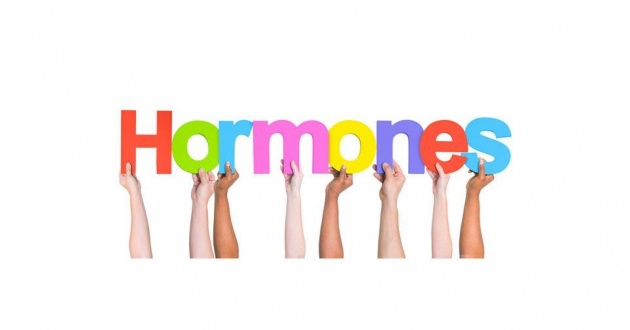
Image Credit: https://www.fightingfifty.co.uk/
Hormonal imbalance is another major cause of hair loss and it is commonly experienced by women in their 30s and up. A woman's body mainly produces estrogen but also small amounts of androgens and testosterone. As the body ages, it starts to convert these androgens to dihydrotestosterone (DHT)-- and the excessive conversion of DHT is what causes this imbalance in the hormones.
12. Telogen Effluvium
Telogen effluvium is a condition where the body starts shedding large amounts of hair on a daily basis. It usually occurs after the body undergoes a major stress such as pregnancy, drastic weight loss, and major surgery. Certain medications such as beta-blockers, antidepressants, and nonsteroidal anti-inflammatory drugs can also trigger this condition. It does not cause permanent baldness as the hair usually grows back within six months. However, it will really scare you when you see how much hair you've lost. Trust me--I thought I was going bald while undergoing my postpartum hair loss phase. Hmm. Maybe I'll talk more about that on one of my future blogs.
~oO0Oo~~oO0Oo~~oO0Oo~~
Thanks for reading! Have a wonderful day ahead of you and keep smiling. :)
Written by Chineyes for bitLanders
For more quality blog posts, you may visit my page
Not yet on bitLanders? Sign up now and be rewarded for sharing ideas, photos, and videos!

